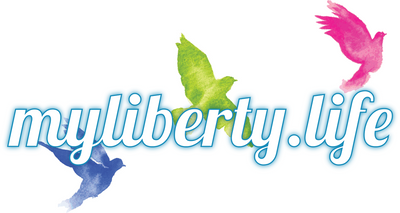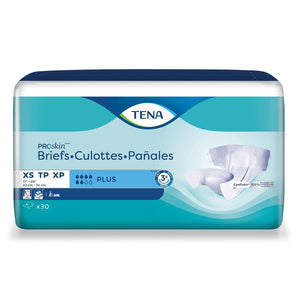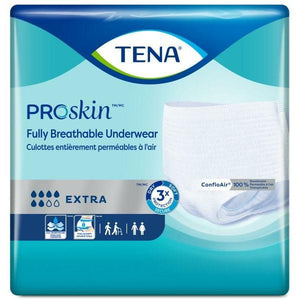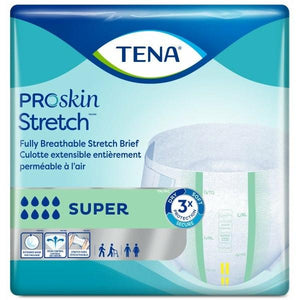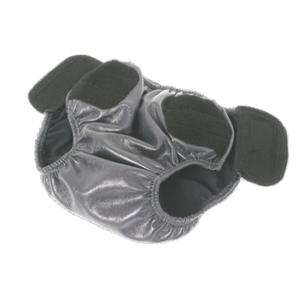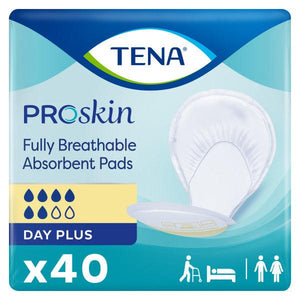What is female incontinence? What causes women's incontinence?
Unexpected bladder leaks
Urinary incontinence means losing urine when you don't expect to. Watch this brief (1 minute, 40 seconds) video for a quick rundown:
What causes women's incontinence?
Female bladder problems can result from giving birth, aging, surgery and other health problems. It occurs quite often in the elderly, the ill and those with special needs.
Younger women may experience light bladder loss after pregnancy due to weakened pelvic floor muscles. Menopause in women can cause a loss of thickness and elasticity of the bladder and urethra also causing light bladder loss.
Due to these medical issues, women across Canada are regularly affected by stress and/or urge incontinence. Incontinence in women can also be caused by dehydration, urinary tract infection, obesity, smoking, excessive alcohol and/or caffeine intake.
Seven different types of incontinence
Stress incontinence - (Also known as light bladder loss) Occurs when a small amount of urine is released when stress is put on the body including sneezing, laughing, coughing or other movements that put pressure on the bladder. Stress incontinence is more common in women due to pregnancy, childbirth and menopause. It is also common in men who have had prostate surgery.
Urge incontinence – When the sudden need or urge to urinate occurs, caused by overactive nerves controlling the bladder. When someone has urge incontinence, the bladder can release a small or large amount of fluid. Urge incontinence can occur while sleeping, after drinking a small amount of water, from touching water or when a individual hears the sound of running water.
Mixed incontinence – Symptoms of both urge and stress incontinence occurs simultaneously. Most people suffer from mixed incontinence and it is more common in older women.
Overflow incontinence – The involuntary release of urine when the bladder is full without any urge to urinate. Occurring in individuals with a bladder outlet obstruction or when the muscle used to release urine weakens.
Overactive bladder – Nerve signals between the brain and bladder miscommunication, telling the bladder to empty when it is not full. Over active bladder may also occur when the bladder muscles are too active.
Functional incontinence – An individual is aware that they need to empty their bladder but may not be able to make it to the restroom due to a medical problem that results in difficulty in moving or communicating their needs with others. Functional incontinence is more common in the elderly.
Fecal incontinence – The involuntary loss of bowel contents. Common causes of fecal incontinence can range from giving birth, anorectal surgery and altered bowel habits (IBS, Crohn's disease, food intolerance).
Women's incontinence can range from a little dribble to a flood and depending on the situation it can be embarrassing. Many women who experience incontinence avoid social situations in fear of potentially losing control of their bladder or bowel and the associated embarrassment if that occurs.
Quality of life can decrease as studies have shown that the more severe incontinence is, the more significant impact on an individuals life. Women who have incontinence may suffer from lower self-esteem, disturbed sleep, reduced sexual intimacy and impaired well-being compared to those who do not experience incontinence.
Don't let incontinence stop you from living the life you deserve
Women in Canada, across all ages find themselves having to deal with unexpected bladder or bowel leaks. MyLiberty.Life can help - we offer a wide range of women's incontinence products and brands, and we ship to your home - or your Mom, or daughter, sister, or aunt, or BFF's address. On whatever schedule works best for your life. No worries, no limits.
